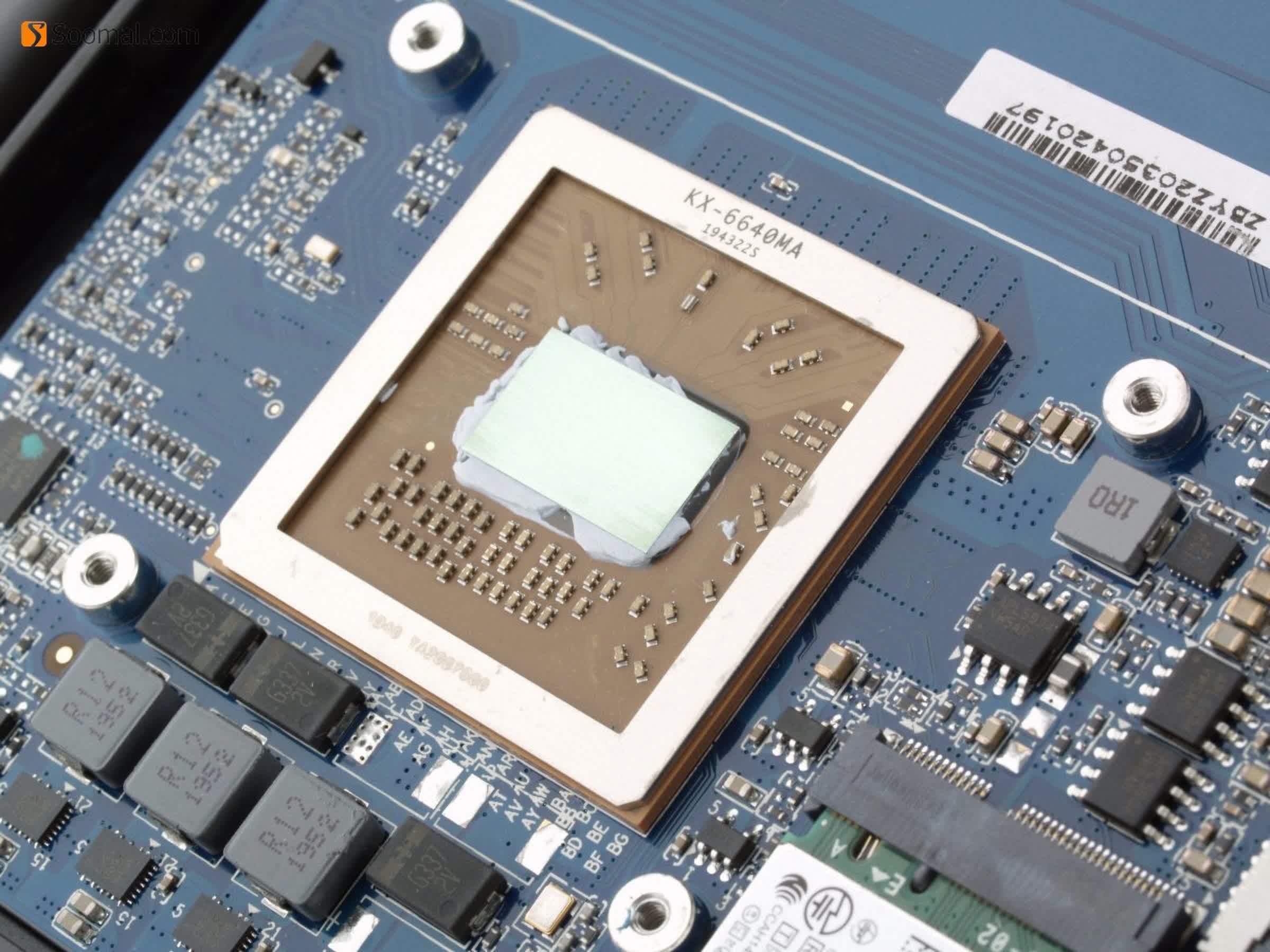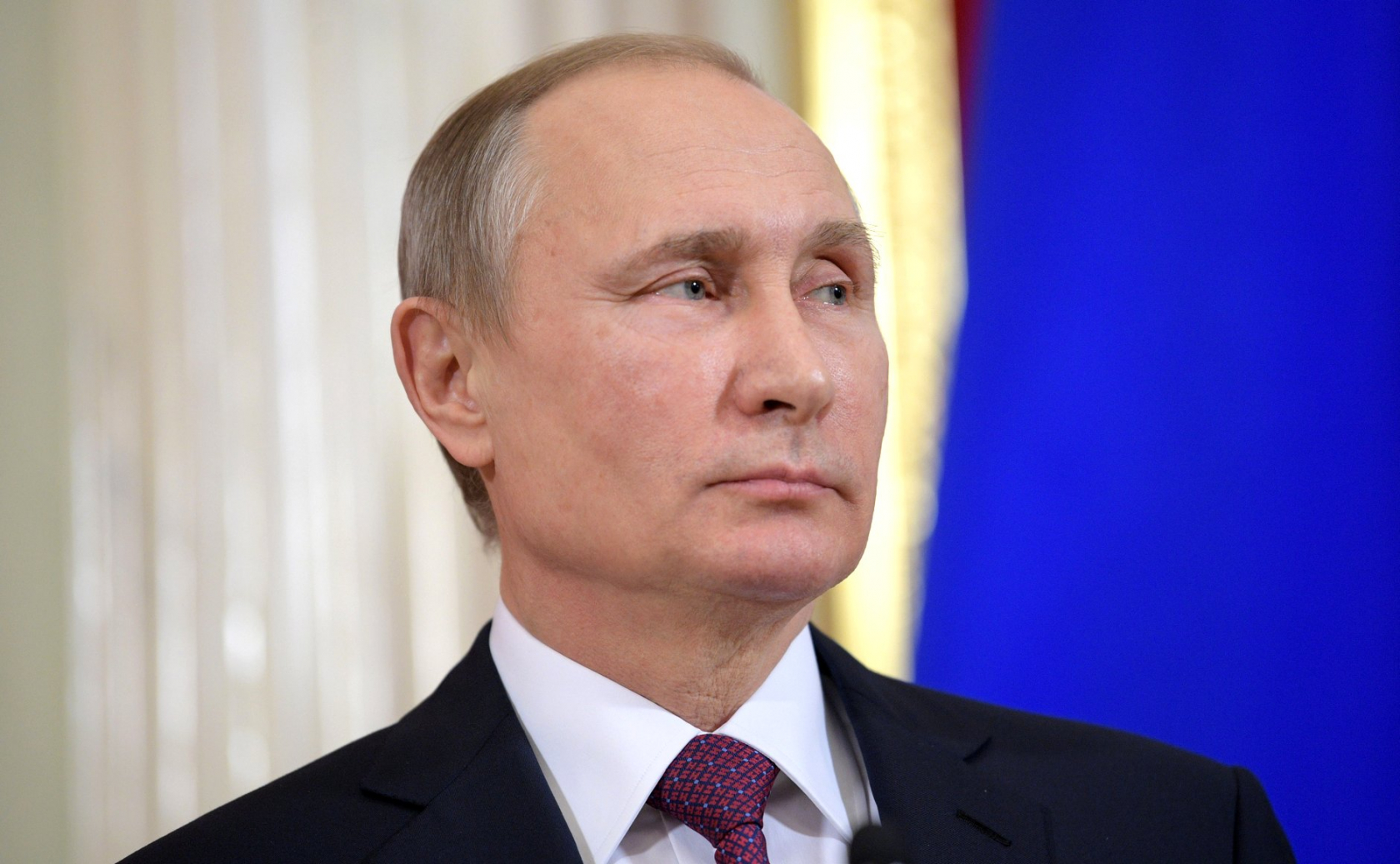TL;DR: Sanctions against Russia mean the country now looks to the Chinese gray market for its semiconductor imports, but there's a problem: 40% of them are defective. That marks a 1,900% increase in their failure rate over the last few months.
As reported by The Register, pro-Putin newspaper Kommersant writes that the percentage of defective imported chips into Russia before the war was just 2%, which isn't very good considering how many components are found in today's electronic items. Now, almost eight months after the country invaded Ukraine, it stands at 40%.
Russia blames these failure rates on the pandemic impacting the supply chain and sanctions forcing it to import chips from the Chinese gray market, an area that not only comes with the threat of faulty products but is also unreliable and slow.

Many businesses have quit Russia as a result of the import restrictions, and those that are left must deal with sanction-skirting Chinese companies for semiconductors. Given that some of these duds were likely intended for military hardware supporting the war in Ukraine, one wonders if Russia and China's "friendship without limits" extends to imports of non-borked chips.
China has neither confirmed its support for Russia's invasion of Ukraine nor condemned Putin's actions. But the sanctions placed on the country have benefitted Chinese companies dealing with their own US-imposed restrictions---we often see both nations grouped together in sanctions, as was the case with the export rules introduced a few weeks ago that stopped Nvidia and AMD from selling their high-performance AI-focused GPUs to Russia or China without a license.
After it was first hit with import sanctions, Russia made bold claims that it would be investing in domestic chip development, manufacturing, and personnel training, with the intention of producing chips using a 28nm node by 2030. May brought news that Russia's inability to source reliable semiconductors was forcing it to use components taken from dishwashers and refrigerators in its tanks, which are probably more reliable than the Chinese imports, anyway.
